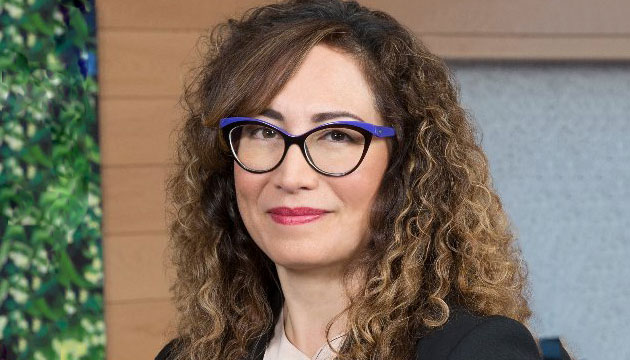The Toronto Film School (TFS) and the Film Development Council of the Philippines (FDCP) have entered into a creative partnership.
The pact seeks to foster industry collaboration, with the enhancement of the capacity of Filipino filmmakers as a major objective.
TFS director of education Paula Shneer and FDCP chair Liza Diño signed a Memorandum of Understanding (MoU) in Toronto.
Diño was part of a delegation from the Philippines that visited the Canadian city in September this year with a mission to explore possibilities for the Asian country’s audio-visual industry.
“(The FDCP’s) mandate is to develop the creative industries in the Philippines – film, acting, writing, digital and visual arts, animation, game design – and all of our programs at Toronto Film School fall totally within that wheelhouse,” Shneer said in a TFS media release.
The TFS offers programs on film, TV, theatre, fashion, graphic design, and video game design.
The FDCP, for its part, is a government agency responsible for the promotion and development of the Philippine film industry.
In the TFS media release, Diño said she’s hopeful the partnership with TFS will go a long way in elevating the skills of film industry workers in the Philippines.
According to her, this will increase the Filipino film industry’s competitiveness on the world stage.
“I know that here in Toronto, you have very skilled technical crews – and Toronto Film School is one of the schools where you can find students who are very much adept at learning these skills, taught by industry professionals working in the field,” Diño said.
According to the media release, TFS committed to offer significant bursaries to promising Filipino filmmakers, actors and prospective students from other disciplines, who wish to study at TFS.
Speaking about bursaries, Michaelangelo Masangkay, a Canadian-born Filipino and member of TFS’ film production faculty and film production work placement program, announced in Manila details of the grants.
Masangkay was in Manila for FDCP’s third Pista ng Pelikulang Pilipino film festival, of which TFS is one of the sponsors and partners.
“We will be awarding a full program scholarship,” Masangkay said in a report by the Philippine Star. “The value of the international scholarship is $55,000 or about P3M. We will be awarding as well two half-scholarships and 20 bursaries (monetary awards).”
Going to back to TFS and FDCP’s agreement, the Toronto school also committed to deliver a series of workshops related to the business of film and technical aspects of film production in the Philippines.
According to the media release, the Philippines has 50,000 film workers, four film production studios, 30 independent production companies, and 50 post-production service providers.
According to Diño, the local film industry has a 29 percent share in the Philippine film market.
“Most Southeast Asian countries only have around 5 to 20 per cent share versus Hollywood films, so 29 per cent is very good,” she said. “It shows that, as insular as we’ve been in the last 100 years, we have really gathered a culture of support for our local projects.”
The FDCP has agreed to help TFS in the selection of its Filipino bursary recipients.
The Philippine agency will also help seek supplemental funding for partial tuition and living costs for bursary recipients.












